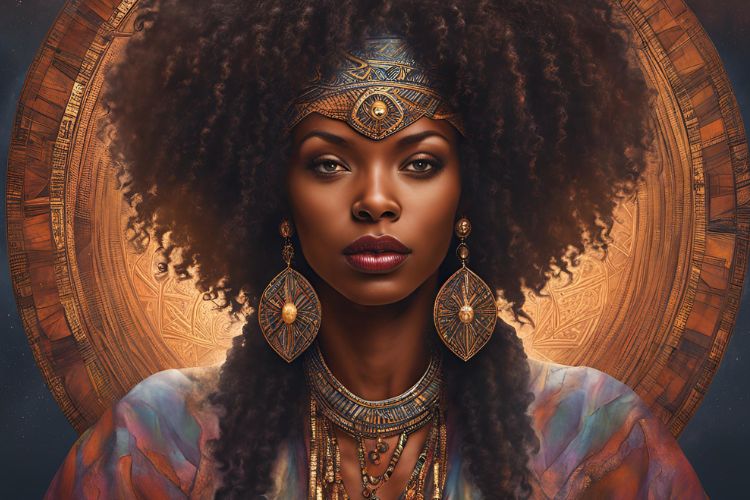Witch doctors have been a topic of controversy and debate for centuries. These traditional healers and spiritual leaders are believed to possess supernatural powers and knowledge, which they use to help their communities with various ailments and problems. However, their practices have come under scrutiny in modern society, with some questioning their effectiveness and ethicality.
Origins and Practices of Witch Doctors
Witch doctors, also known as shamans, medicine men, or healers, have been prevalent in many cultures around the world for centuries. These individuals are said to have a special connection with the spirit world and use herbs, rituals, and incantations to heal the sick, divine the future, and protect their communities from harm.
In many traditional societies, witch doctors are highly respected and play a vital role in the social fabric. They often hold positions of power and authority within their communities and are consulted for everything from medical treatments to spiritual guidance.
Controversies Surrounding Witch Doctors
Despite their long-standing presence in many cultures, witch doctors have faced criticism and skepticism from modern society. One of the main controversies surrounding witch doctors is the lack of scientific evidence supporting their practices. Critics argue that their methods are based on superstition and folklore rather than proven medical science.
Additionally, there have been reports of abuse and exploitation by some witch doctors who take advantage of vulnerable individuals seeking help. This has raised ethical concerns about the integrity and motivations of these healers.
Another point of contention is the role of witch doctors in perpetuating harmful cultural practices, such as witchcraft accusations and human sacrifices. In some societies, witch doctors are believed to have the power to curse or harm others through supernatural means, leading to fear and mistrust among community members.
Debates on Cultural Relativism and Indigenous Knowledge
In response to the criticisms of witch doctors, some advocates argue for cultural relativism and the preservation of indigenous knowledge. They maintain that traditional healing practices have been passed down through generations and are an integral part of many cultures’ identities.
Proponents of witch doctors also point to the limitations of Western medicine in addressing spiritual and metaphysical aspects of health and well-being. They argue that witch doctors offer a holistic approach to healing that complements modern medical treatments.
On the other hand, skeptics question the validity of indigenous knowledge and argue that it should be subjected to the same scrutiny as any other form of healing. They emphasize the importance of evidence-based practices and caution against romanticizing traditional healers without critical examination.
Regulation and Accountability of Witch Doctors
As the debate on witch doctors continues, there are calls for greater regulation and accountability in their practices. Some countries have implemented laws to govern the activities of traditional healers and ensure they adhere to ethical standards.
Education and training programs are being developed to professionalize the field of traditional healing and improve the quality of care provided to patients. By integrating traditional healing practices with modern medical knowledge, there is potential for collaboration and mutual respect between different healing modalities.
In conclusion, the controversy and debate surrounding witch doctors in modern society are complex and multifaceted. While some people value their cultural traditions and see them as a valuable resource for healing, others question their efficacy and ethicality. As society continues to evolve, it is important to engage in constructive dialogue and find common ground to ensure that all forms of healing are respected and supported.

